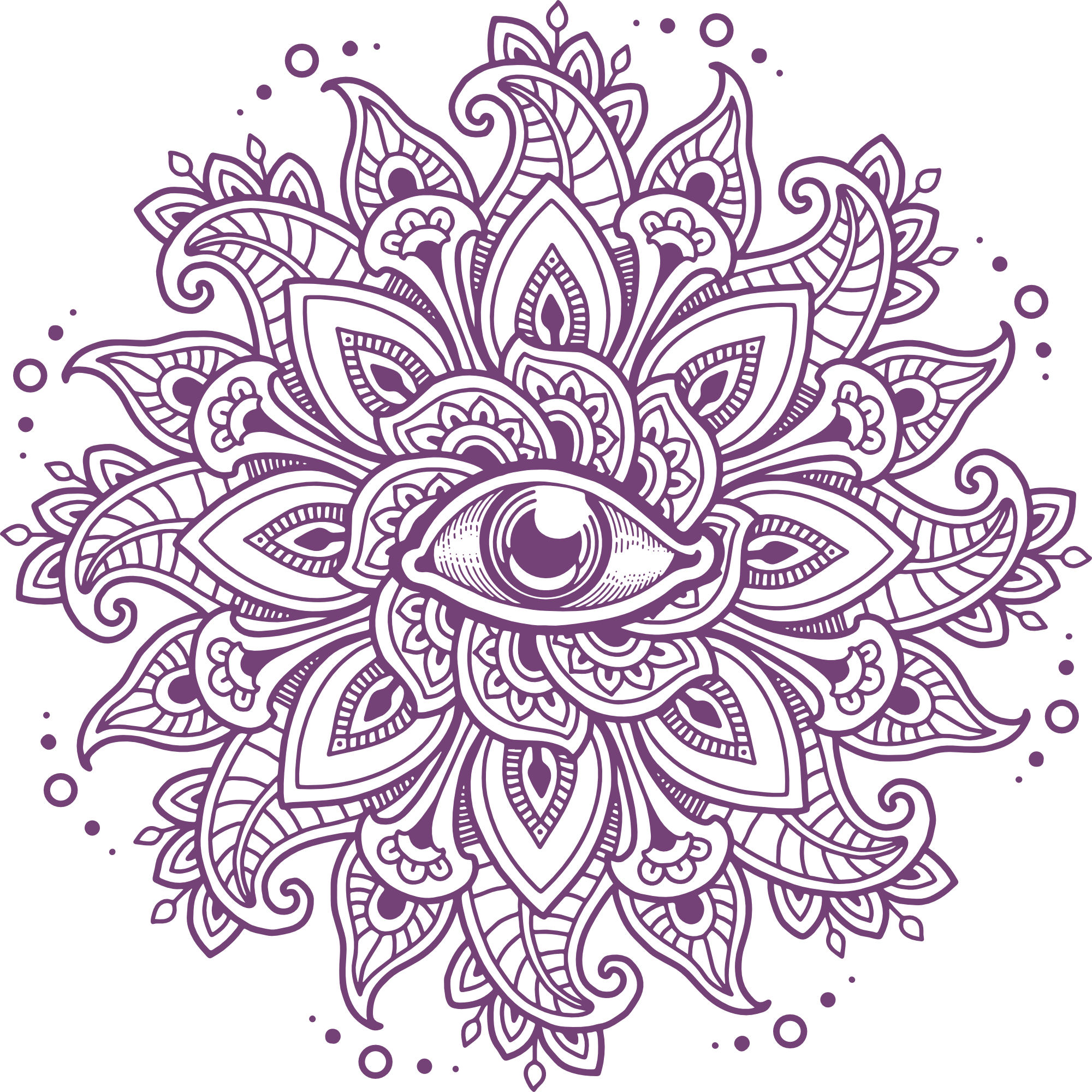
Uncover Limiting Beliefs About Emotional Well-being
Does happiness come from within? Is emotional suffering a medical problem? Find out if hidden beliefs are holding you back.

What is Emergence?
Emergence has two meanings:
- Emergence can refer to the process of coming into being, the way a butterfly emerges from a cocoon.
- Emergence can also describe phenomena that consist of multiple interacting parts, where the overall result is greater than the sum of the parts.
What is Emergent Happiness?
Emergent Happiness refers to the idea that happiness and emotional well-being are continuously coming into being. They represent a process, not an object. That may seem obvious, but we often think of happiness as an object we can chase, obtain, and possess.
More importantly, Emergent Happiness refers to emotions arising from multiple, complex causes. Well-being is a reflection of events going on within us and all around us.
Before you learn more, explore your existing, core beliefs.
Core Beliefs Can Block Solutions
Our core beliefs about the causes of emotional suffering have an enormous influence on the apparent solutions to suffering that we seek and embrace.
These beliefs act like a filter or lens. They influence what we can see.


How Do You Explain Your Pain?
You can explore your core beliefs by looking at the stories you tell. I’m not talking about fairy tales or personal anecdotes. I’m talking about your personal narratives, the explanations you give not only to others but to yourself.
If the stories we tell ourselves about why we are hurting and how to feel better do not align with our lived experience, many solutions are hidden from view.
The medical model, for example, is a story that says: You are hurting because your brain is broken, or your genes are faulty. These stories have the power to flatten us into two-dimensional versions of ourselves. They rob us of the depth and richness of our true, personal narrative. And ultimately, they blind us to real solutions.
To learn how your hidden, core beliefs influence your happiness and well-being, start by taking the quiz. It takes about five minutes.
